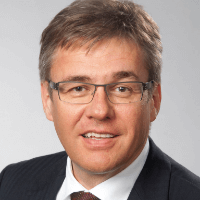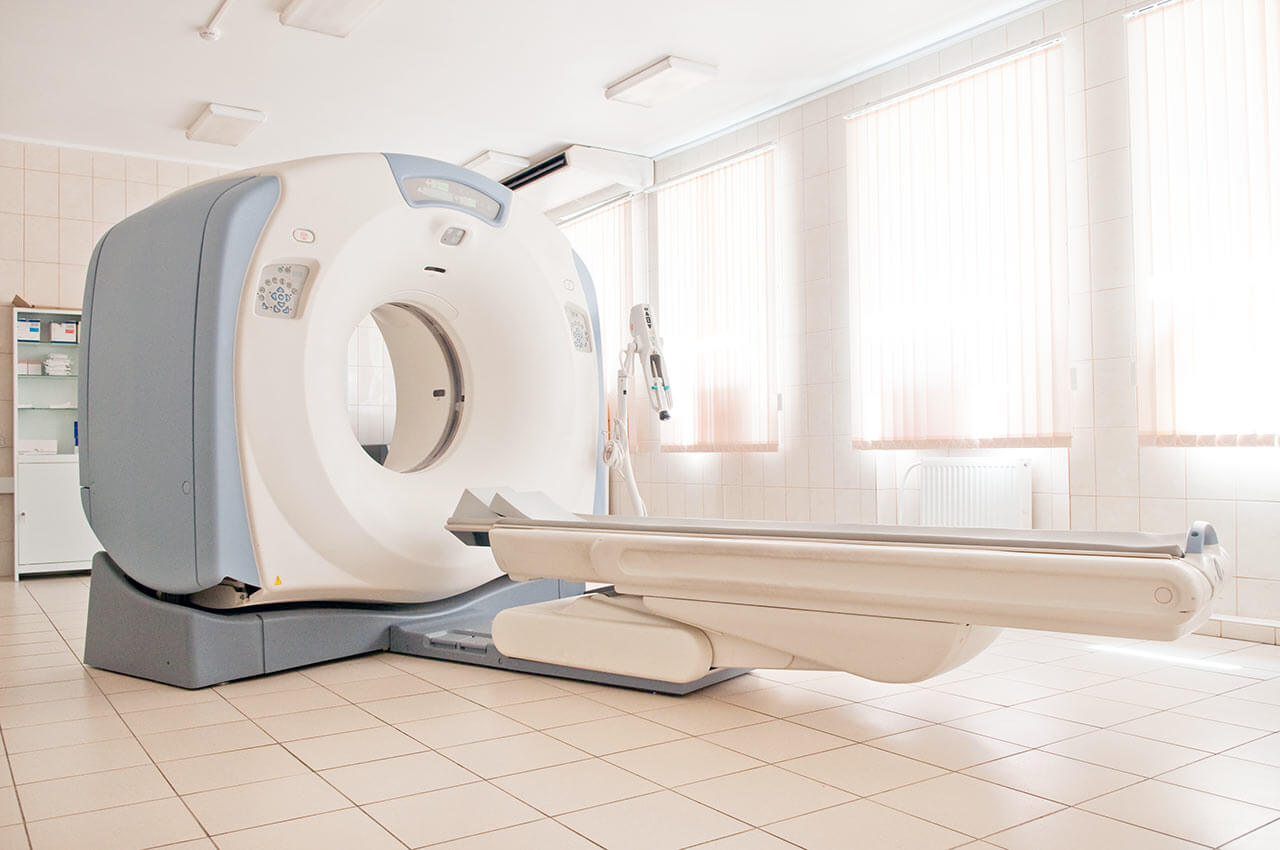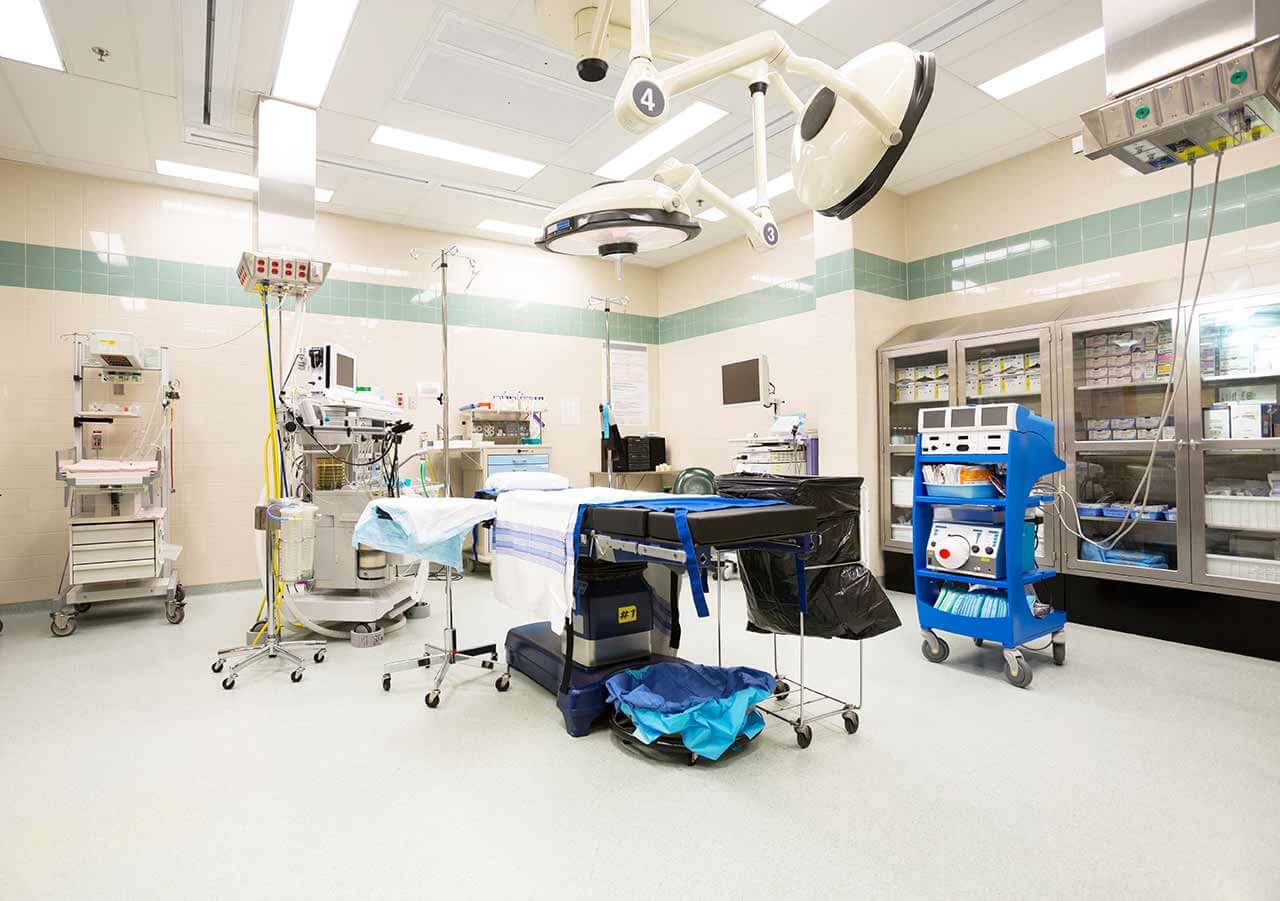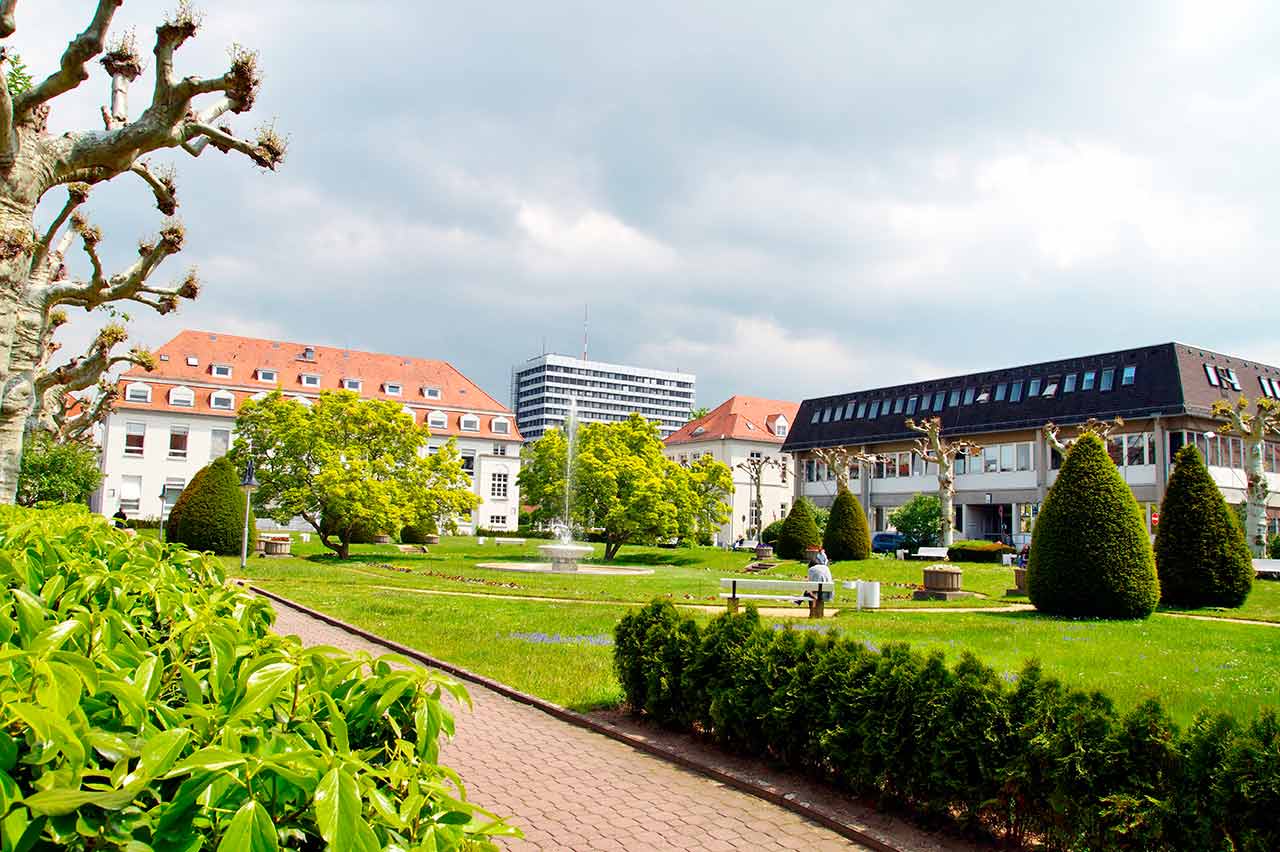
The program includes:
- Initial presentation in the clinic
- clinical history taking
- physical examination
- review of medical records
- laboratory tests:
- complete blood count
- general urine analysis
- biochemical analysis of blood
- TSH-basal, fT3, fT4
- tumor markers
- indicators of inflammation
- indicators blood coagulation
- CT/MRI of the abdomen and chest
- ultrasound/ x-ray examination
- conducting radiotherapy
- symptomatic treatment
- the cost of essential medicines and materials
- nursing services
- control examinations
- explanation of future recommendations
Required documents
- Medical records
- MRI/CT scan (not older than 3 months)
- Biopsy results (if available)
Service
You may also book:
 BookingHealth Price from:
BookingHealth Price from:
About the department
The Department of Radiation Oncology and Radiation Therapy at the University Hospital Mainz offers the full range of modern treatment options for patients with malignant tumors. In addition, the department specializes in the treatment of benign diseases, such as arthrosis or endocrine ophthalmopathy. It maintains close cooperation with other departments of the university hospital and often carries out multimodal treatment. If necessary, chemotherapy, immunotherapy and hormone therapy can be used along with radiation therapy. The Chief Physician of the department is Prof. Dr. med. Heinz Schmidberger.
Thanks to the very latest scientific advances, the department can offer many patients shorter radiation therapy compared to standard methods. This approach is called hypofractionation and can reduce the treatment period by at least two weeks. There are used special radiation techniques with the most sparing effect on the heart and lungs (for example, in breast cancer treatment). In this case, irradiation is conducted on a deep breath. The procedure and patient’s body position during irradiation are monitored without X-rays, but with the use of infrared light.
The department offers another sparing radiation technique, namely intensity modulated radiation therapy (IMRT). This technique allows focusing the required radiation dose on the target region with minimal impact on the surrounding healthy tissues and organs. Thus, along with the safety of radiation, its high focus in the area of tumor cells is achieved. This irradiation technique has been successfully used in prostate cancer treatment.
Also, the department’s priority is the treatment of benign diseases. For example, inflammatory joint diseases and eye orbit pathologies are treated with small doses of radiation therapy. To minimize the risks of long-term effects of radiation, the department uses a conventional X-ray machine. As compared to the treatment with a linear accelerator, this device provides the best protection for the patient. Due to this, the risk of the development of secondary malignant tumors caused by radiation in these patients is significantly reduced.
The department's range of services includes the following options:
- Percutaneous radiation and brachytherapy planning
- Simulation of external radiation and brachytherapy
- Brachytherapy using sealed radiation sources (intracavitary, interstitial, intrauterine)
- Computer image analysis with 3D and 4D processing
- High-energy radiation therapy (intensity-modulated radiation therapy, stereotaxia, extracranial stereotaxia, radiation synchronized with respiration)
- Development and selection of fixative and therapeutic agents for radiation therapy
- Interdisciplinary cancer monitoring
- Computed tomography (CT)
- Surface irradiation (using electrons)
- Radionuclide therapy
- And other diagnostic and therapeutic options
The therapeutic spectrum of the department includes the treatment of the following diseases:
- Malignant breast neoplasms
- Malignant prostate neoplasms
- Malignant esophageal neoplasms
- Malignant neoplasms of the bronchi and lungs
- Malignant rectal neoplasms
- Malignant neoplasms of tonsils
- Malignant anal neoplasms
- Malignant laryngeal neoplasms
- Malignant brain neoplasms
- Malignant tongue neoplasms
- Malignant bladder neoplasms
- Malignant gum neoplasms
- Malignant gastric neoplasms
- Malignant pancreatic neoplasms
- Follicular lymphoma
- Plasmacytoma and malignant plasma cell neoplasms
- And other diseases
Curriculum vitae
- 1979 - 1980 Study of Dentistry at the University of Tuebingen.
- 1980 - 1982 Study of Medicine at the University of Ulm.
- 1982 - 1986 Study of Medicine (clinical stage) at the University of Tuebingen.
- 1983 - 1984 Study of Clinical Medicine (4th year of study) at the University of Liverpool, UK.
- 1986 - 1987 Internship at the University Hospital Tuebingen.
- 14.05.1987 Medical Exam in Tuebingen.
- 9.06.1987 Admission to clinical practice (clinical approbation).
- 1998 Thesis defense, the title of Candidate of Medical Sciences at the University of Tuebingen.
- 1987 - 1989 Doctoral Degree in Therapeutic Radiology at the University of Minnesota in Minneapolis, USA (Fellowship of the Rotary Foundation, as well as a Grant from the American Cancer Society).
- 1989 - 1994 Specialization in the Department of Radiotherapy at the University Hospital ueübingen, Chief Physician: Prof. Dr. med. M. Bamberg.
- 1995 Certified Radiation Therapist.
- 1995 - 2005 Senior Physician in the Department of Radiation Therapy at the Georg-August University of Goettingen. Since 01/97, Head of the department.
- 01/2000 Doctoral dissertation defense in Radiation Therapy at the Georg-August University of Goettingen.
- 01/2005 Appointed to the position of a Visiting Professor at the Georg-August University of Goettingen.
- Since 01/04/2005 Head of the Department of Radiation Oncology and Radiation Therapy, Professor of Radiation Therapy.
Photo of the doctor: (c) Universitätsmedizin der Johannes Gutenberg-Universität Mainz
About hospital
The University Hospital Mainz is one of the best maximum care medical facilities in Germany and an internationally recognized scientific center. There are more than 60 departments and institutes, which represent all fields of modern medicine. The hospital serves more than 68,000 inpatients and more than 273,000 outpatients annually, which testifies to the excellent reputation of this medical institution.
The key to the successful clinical practice is also a highly qualified medical staff, which consists of 7.800 employees from various fields. The doctors of the hospital are convinced that each clinical case requires an individual approach, therefore, they devote much time to consultations and communication with patients. The main goal of all hospital employees is to provide an optimal medical care based on the use of the state-of-art diagnostic and therapeutic measures, as well as the introduction of the latest scientific achievements into the medical practice.
The best interns and assistant physicians are trained here. The world-famous leading physicians of the hospital share their long experience and professional skills. Naturally, an integral part of the university hospital work is research, thanks to which many innovative possibilities in the field of diagnostics and therapy have been developed.
Photo: (c) depositphotos
Accommodation in hospital
Patients rooms
The patients of the University Hospital Mainz live in bright, spacious and comfortable rooms. The patient rooms are equipped with modern electronically adjustable beds, which at the touch of a button automatically assume a specified position. Also, there is a TV and a telephone in the patient rooms. To use them, it is necessary to get a prepaid card (in vending machines at the entrance to the hospital). The use of a TV is free, but the patient will need headphones. Telephone calls are made for a fixed fee, which will be withdrawn from the prepaid card at discharge from the hospital. Also, each patient room is equipped with an ensuite bathroom with shower, washbasin and toilet.
Meals and Menus
The patients of the hospital are offered a tasty and balanced three meals a day: breakfast, lunch and dinner. The menu also includes vegetarian and dietary dishes. In addition, for both patients and their visitors there are available cafeterias and bakeries, where one can buy baked goods, snacks, hot and cold drinks.
Further details
Standard rooms include:





